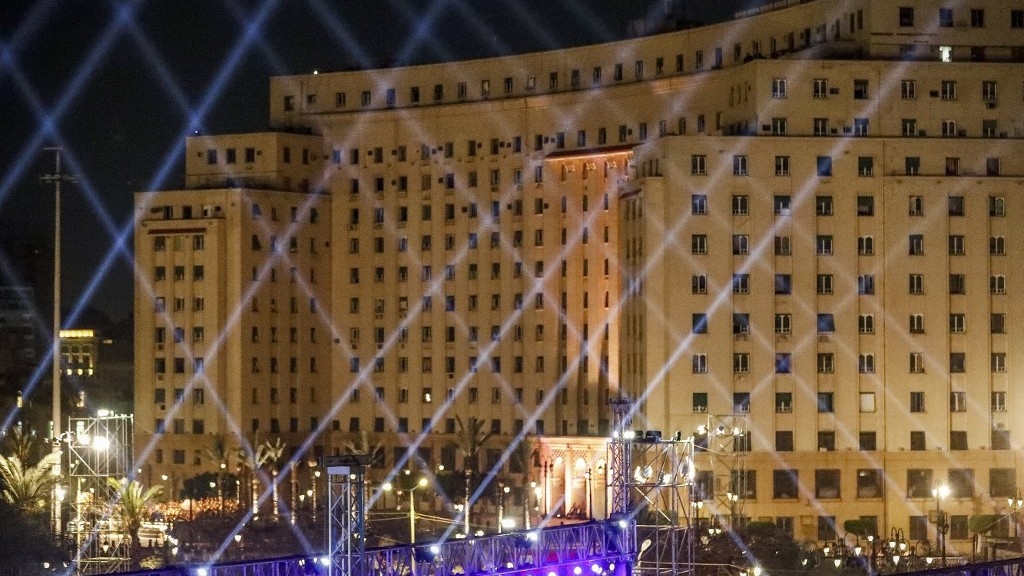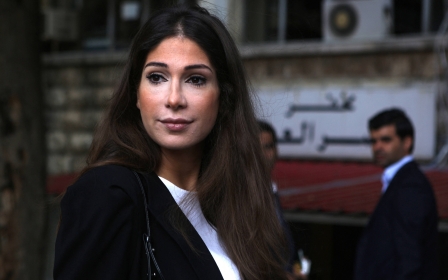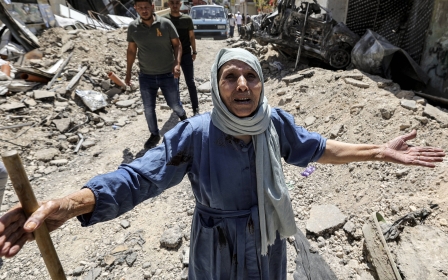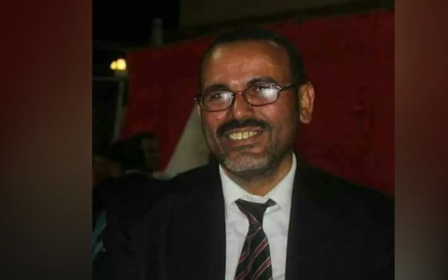Arabic press review: Egypt plans to convert government buildings into hotels

Egypt to turn government buildings into hotels
Egypt is tackling its slump in tourism by planning to build more hotels.
According to reports by the London based Al-Araby al-Jadeed newspaper, Cairo is considering converting some government buildings into hotels, in order to increase tourist accommodation.
Earlier this week, Prime Minister Mostafa Madbouly held a special meeting to discuss how to advance the tourism sector, particularly by working with private sector businesses.
“The government is currently working to increase the number of hotel rooms, which contributes to achieving the state's goals of reaching 30 million tourists per year, compared to less than 12 million tourists in 2022,” he said.
The meeting was attended by the Minister of Tourism and Antiquities as well as the head of Egypt's Federation of Tourist Chambers.
Madbouly also said that part of the proposed plans were to use the government buildings which are now vacated by officials moving to the newly built Administrative Capital.
One building being transformed into a hotel is the Tahrir Complex, located in downtown Cairo.
Egypt has suffered a blow to its tourism industry in recent years, as a result of the Covid-19 pandemic, the economic crisis and the Russia-Ukraine war.
UN raises alarm over arrests by PA
A United Nations spokesperson has raised concerns over widespread arrests being carried out by the Palestinian Authority (PA).
The PA has escalated its arrest of people, including activists, around the West Bank in recent days, particularly in the aftermath of Israel's military offensive in Jenin earlier this month.
Over a dozen Palestinians from around the West Bank were arrested by the PA in the wake of the military assault, as the PA tried to clamp down on protesters and members of the Palestinian Islamic Jihad.
Stephane Dujarric, spokesman for the UN secretary-general, told the London-based Al-Quds Al-Arabi newspaper of the potential threat of these arrests to people's freedom of expression.
“We are aware of this issue of people who are speaking out being arrested simply for exercising their freedom of expression,” he said.
Dujarric was also quizzed about the eviction of the Sub Laban family in the Old City of Jerusalem, to which he said that he encourages people to contact the Office of the Special Coordinator.
“We have spoken out against these kinds of evictions again and again,” he reiterated.
Aid cuts to thousands of refugees in Jordan
The United Nations World Food Programme has announced that it will reduce the monthly aid sent to Syrian refugees in Jordan due to a lack of funding.
The decision will affect Syrian refugees in the Za'atari and Azraq camps, where over 100,000 people live in difficult conditions.
According to a statement issued by Petra, Jordan's state news agency, starting from August refugees living in the camps will have their cash transfer reduced from $32 to just $21 per person.
The cuts are expected to have severe consequences for Syrian refugees, who are already living in destitute conditions. Further cuts in food aid are also expected.
Alberto Correa Mendez, a representative of the UN programme, has raised concerns about the situation, suggesting that it could result in an increase in child labour, children dropping out of school, child marriages and debt.
The World Food Programme has been forced to scale down its aid efforts in recent years, and faces a severe funding shortfall of $41m until the end of 2023. The organisation has also been forced to scale back operations in Syria and Palestine.
Middle East Eye propose une couverture et une analyse indépendantes et incomparables du Moyen-Orient, de l’Afrique du Nord et d’autres régions du monde. Pour en savoir plus sur la reprise de ce contenu et les frais qui s’appliquent, veuillez remplir ce formulaire [en anglais]. Pour en savoir plus sur MEE, cliquez ici [en anglais].




